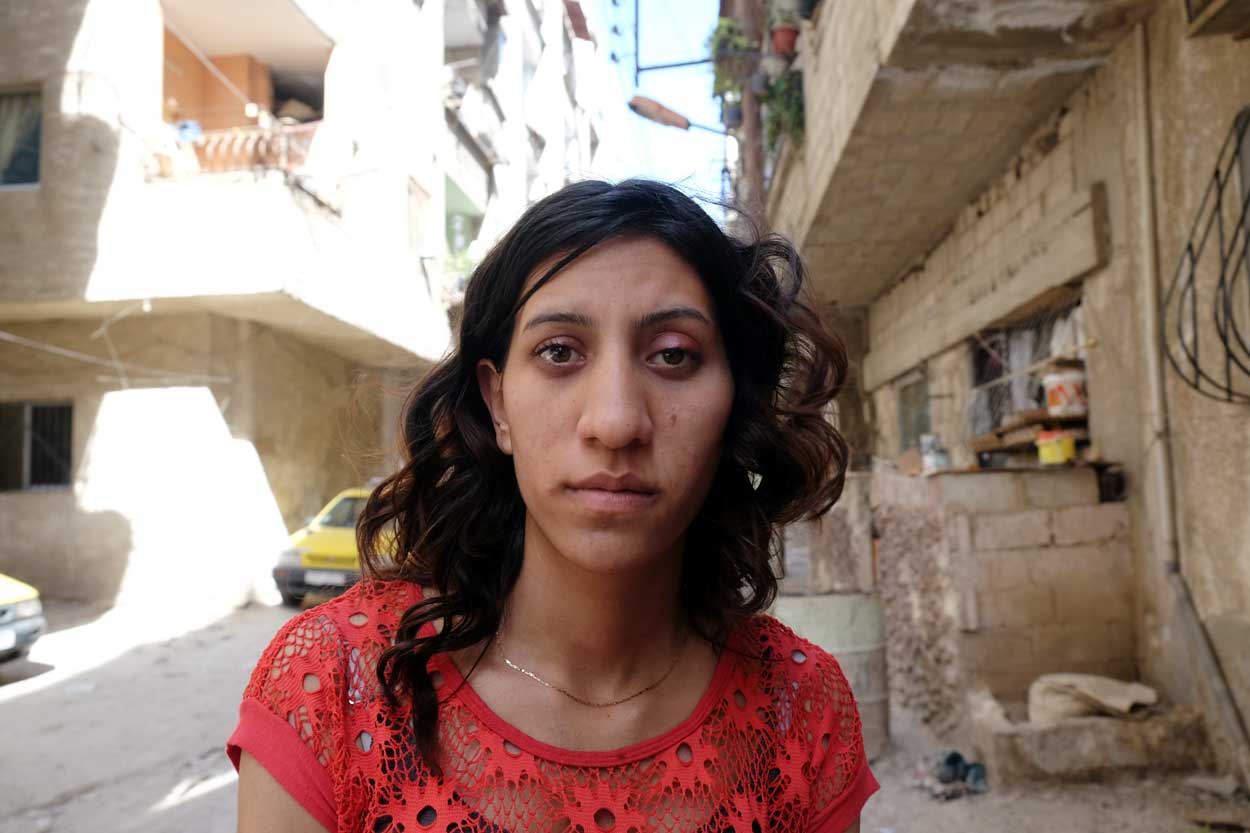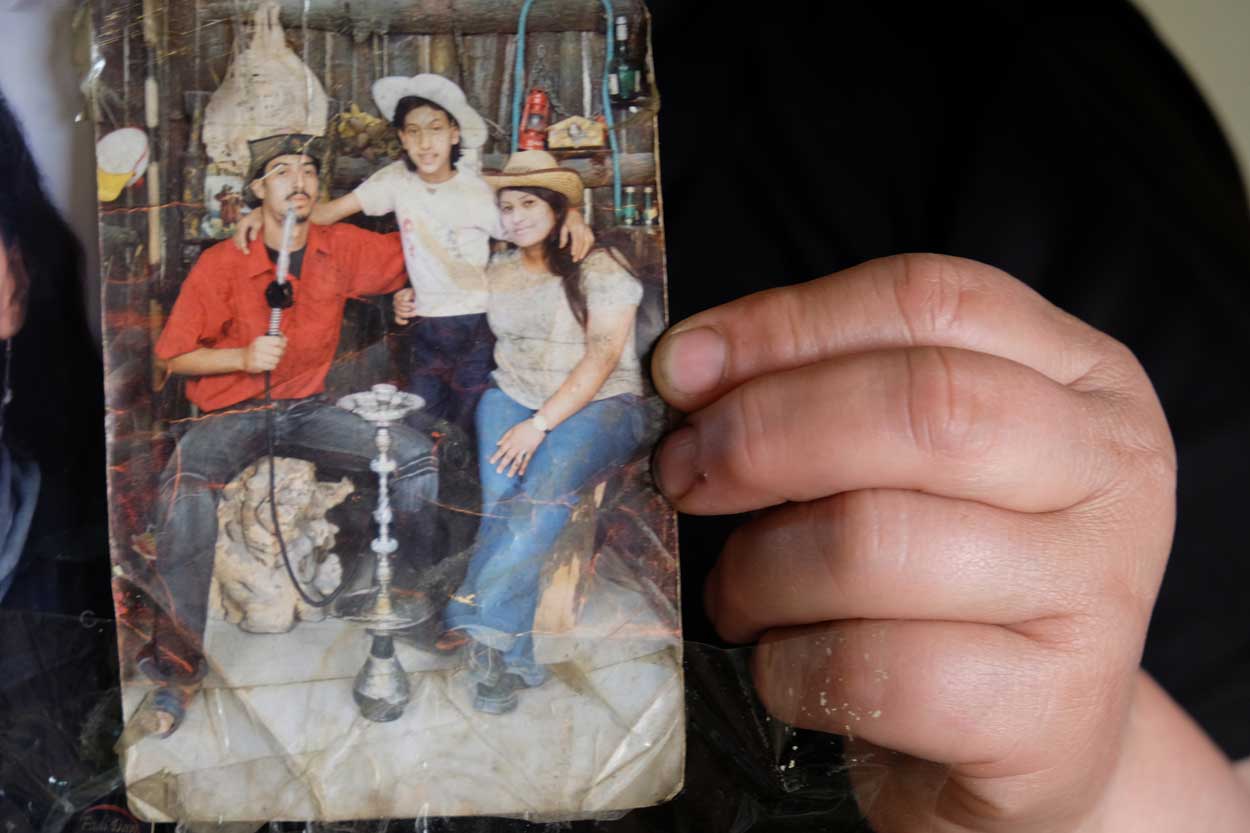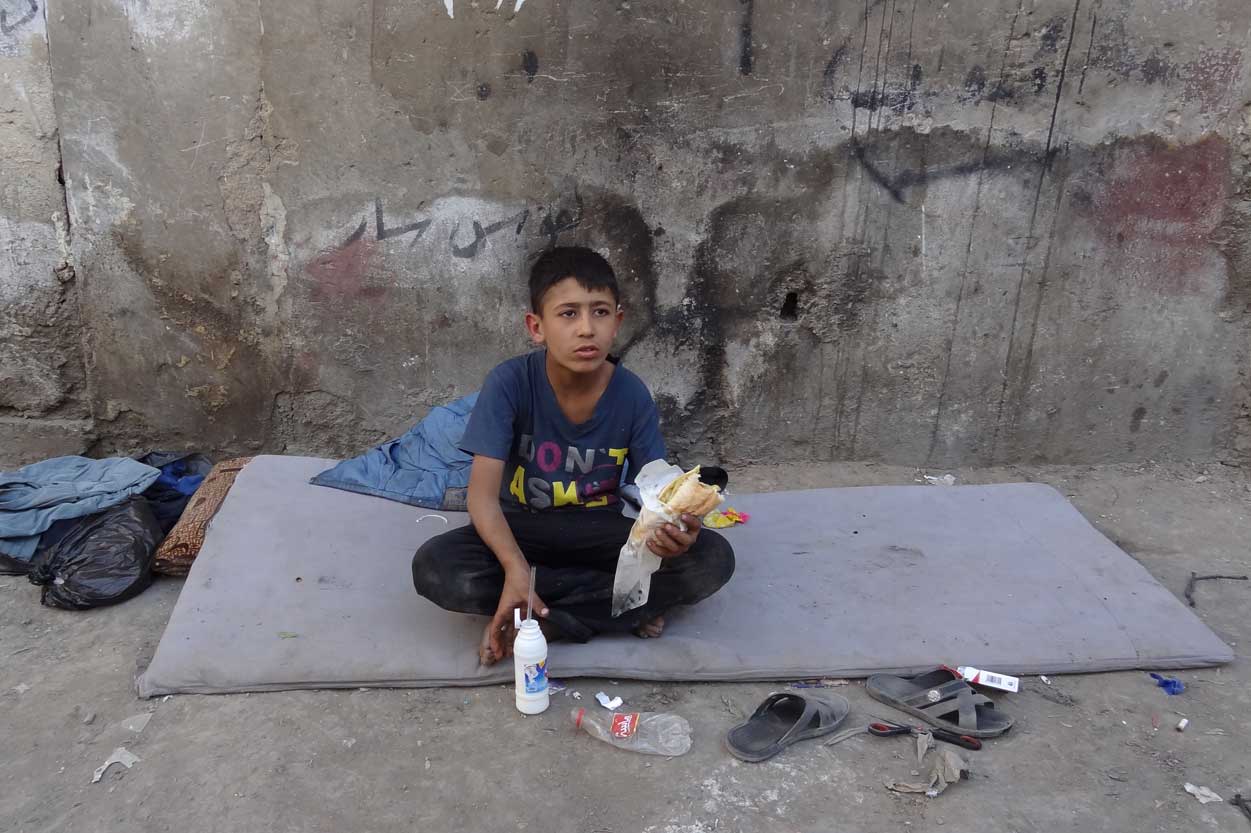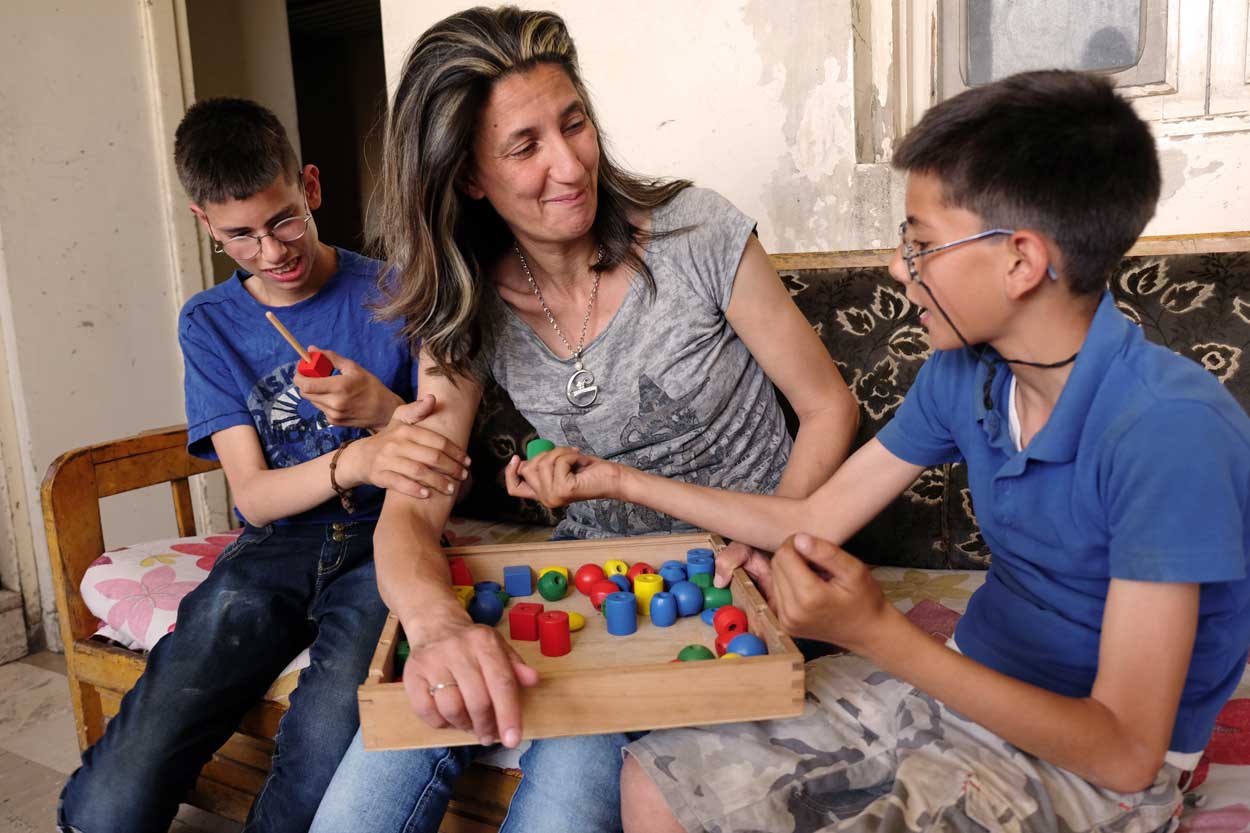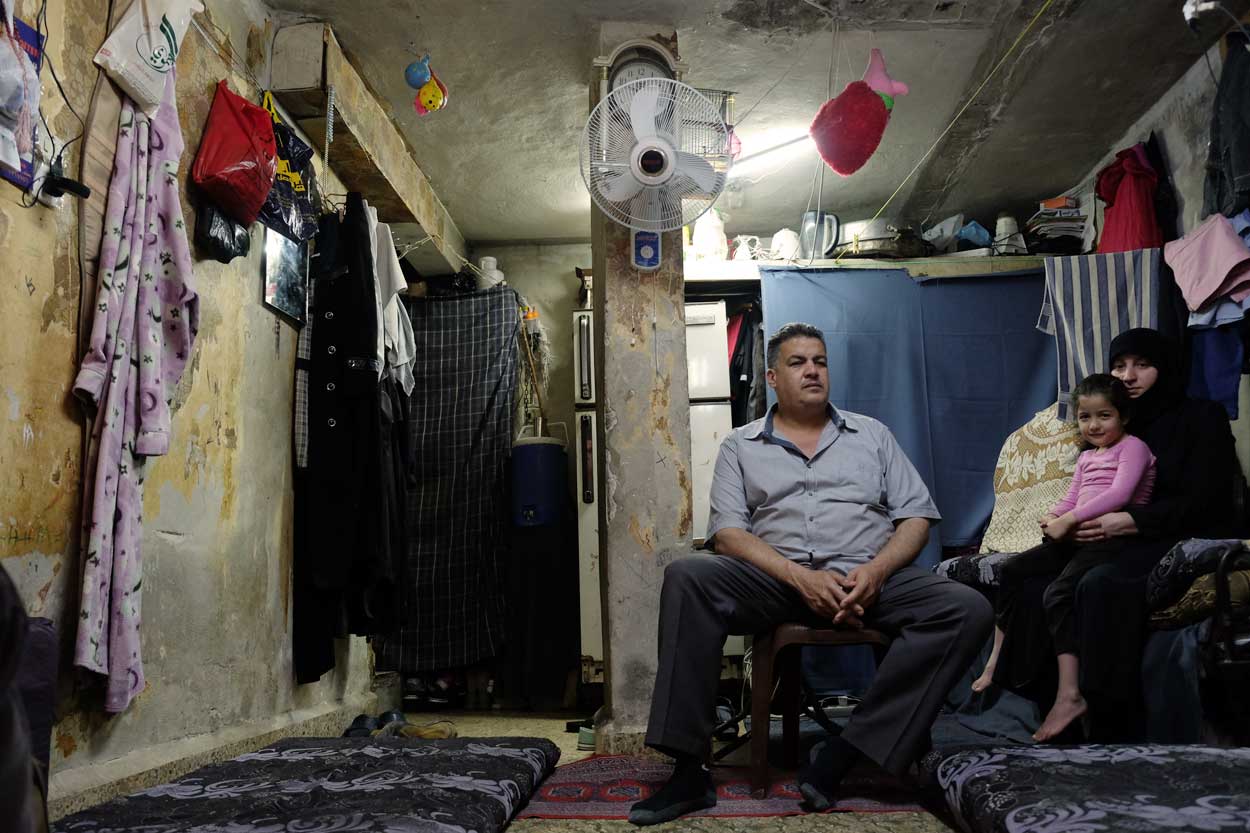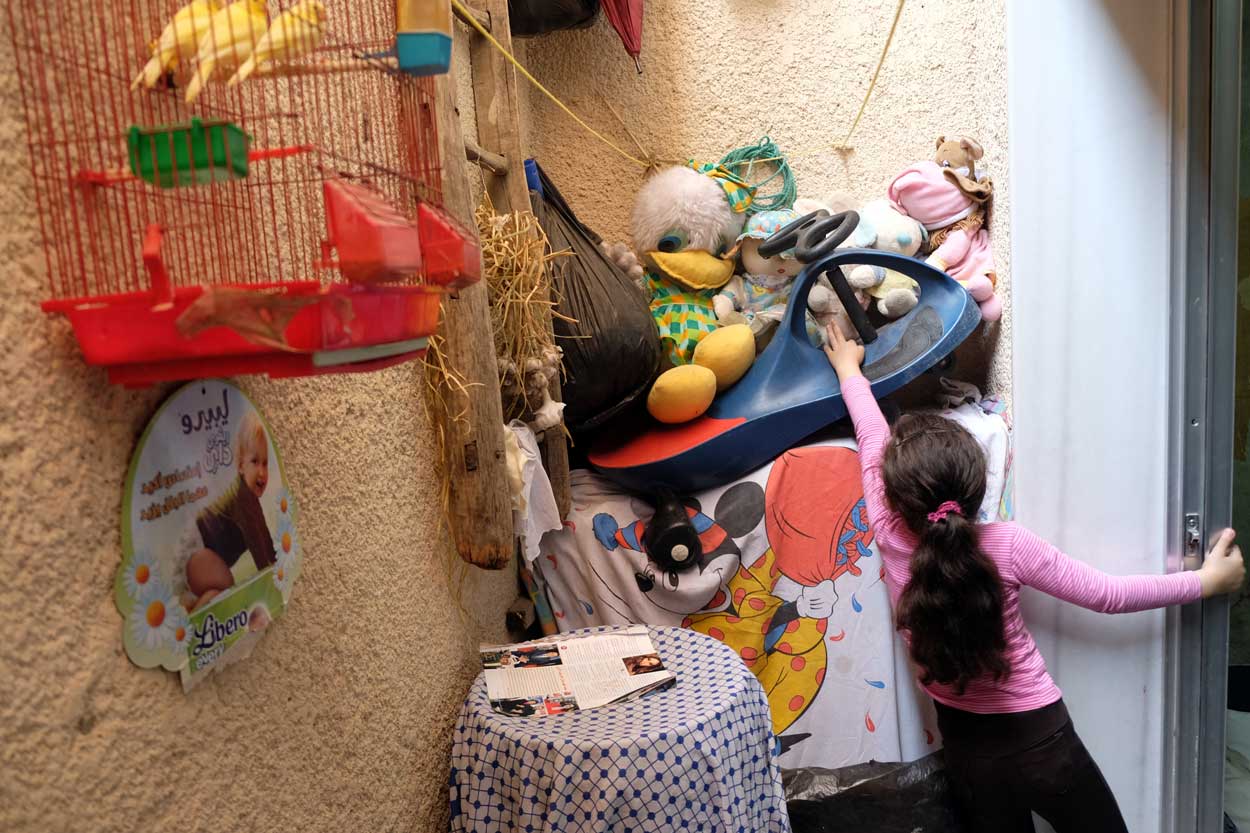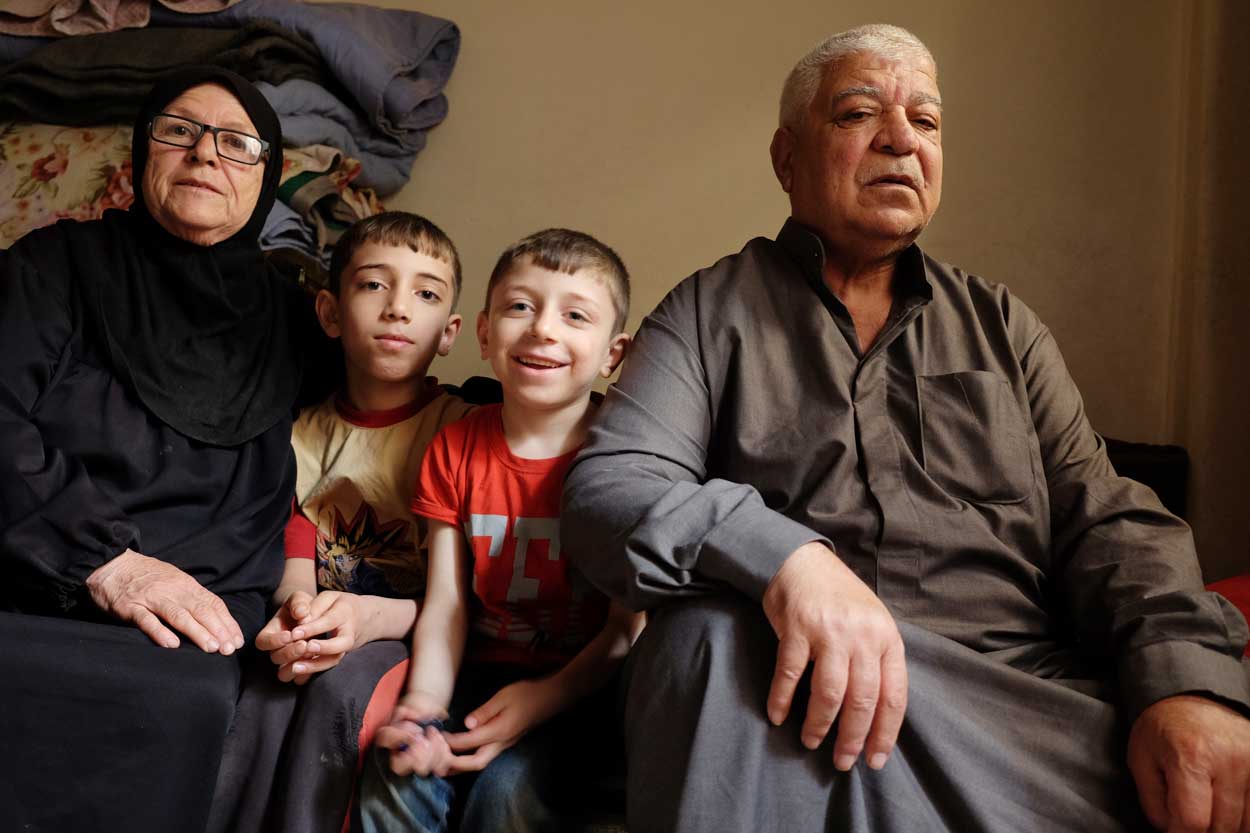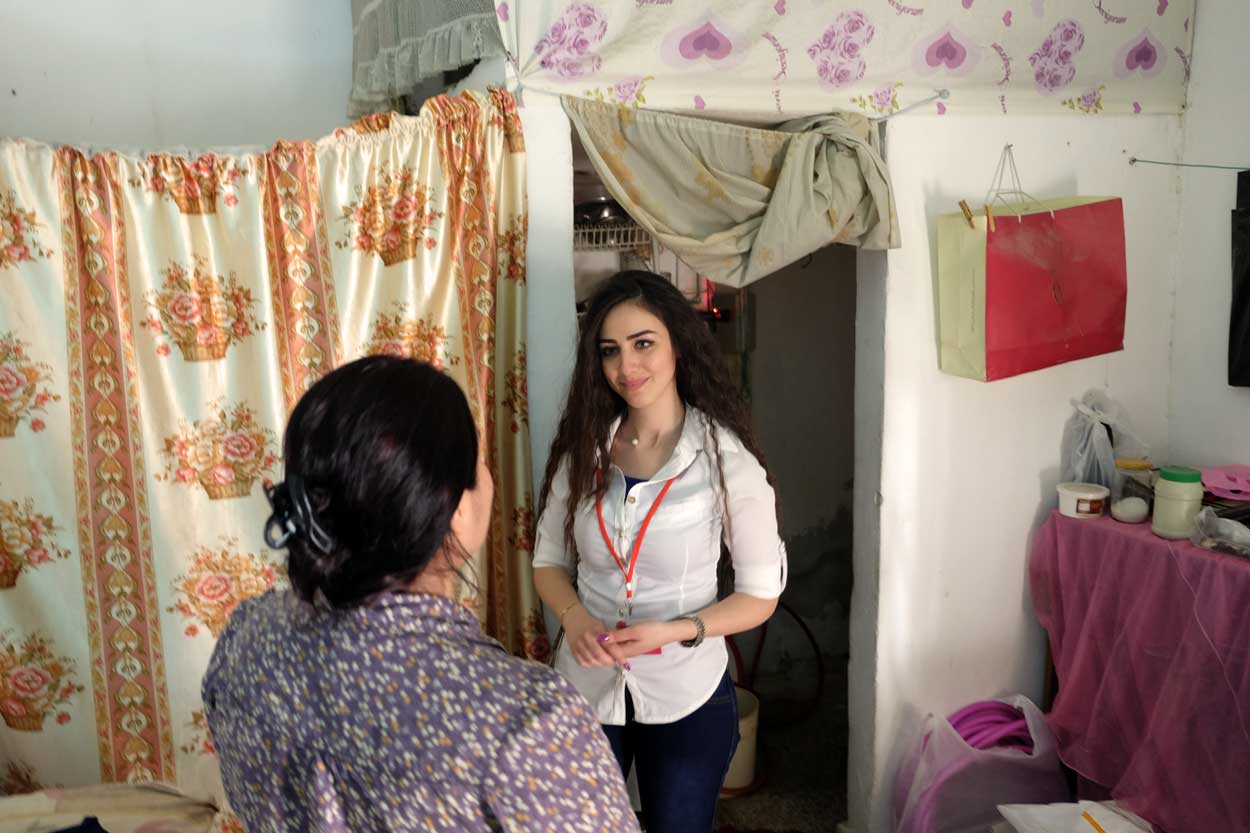Elias had volunteered for the army in 2013, even though as her only son he was exempt. He was killed by a mortar in Damascus in 2014, one of the 250,000 dead in the country’s civil war. “We lost our brother, but he was like a father too,” said Micheline, one of the two sisters he left behind. Their real father had abandoned the family when the girls were tiny. The sisters had grown up in an orphanage in Da’ara while the mother worked as a cleaner, living with her son in Damascus.
The family had been reunited when the girls fled the war that had engulfed Da’ara in 2011. “Men were going from house to house, setting them on fire,” said Rasha, the 26 year old younger sister.
In Damascus, Elias supported the family with his army salary. He had rented an apartment for them and his future wife. “Now we rely on the army pension and what I can earn from cleaning. Before we didn’t feel poor, but now we have no way to make ends meet,” said Samia.
Caritas gives them coupons for clothes and food and helps with medical expenses.
Both daughters are unable to work due to ill health. Rasha, the youngest, became depressed after the death of her brother. “I had panic attacks. I would vomit and have seizures,” she said.
She wears the sadness heavily around her shoulders. The orphanage, the war, an attempted rape, the death of their brother and the frustration of a life in poverty was too much. The depression led to a suicide attempt.
For Caritas staff, countering the pain caused by war, poverty and loss is one of their greatest challenges. “As well as food and aid, they need to talk. Many are isolated, especially the elderly,” said Nessrine Achaer, a Caritas Syria worker in Damascus.
The war in Syria has forced 6.5 million people to leave their homes inside the country, plus another 4.8 million to flee across its borders. There are 13.5 million people in need of humanitarian aid.
Hiba and her baby daughter were at home in Damascus when violence engulfed her neighbourhood. “Mortars were falling everywhere. There were clashes on the streets,” she said. “We hid in the apartment for two days. From the window, I could see the bodies. There was no electricity, no water. Nobody could reach us.”
At dawn, she made a break for it. Walking through the streets, carpeted in bullet cases, they saw the full tragedy of war.
Now the house has been looted. Everything is gone. The neighbourhood is completely deserted. “I live with my parents and my four children in this room,” she said. “It is 6 by 2 metres. We sleep head to toe.
Syria’s economy has collapsed due to the war and international sanctions. Its level of development has regressed almost by four decades. Four out of five Syrians live in poverty.
Middle class families have become poor, poor families destitute. Caritas helps with rent, providing three tranches over the year totalling 63,000 Syrian pounds. For families who don’t need rent, they get food, clothes and other basic needs.
Busfira Karkinly has lived for 20 years in a ramshackle, flimsy apartment built on top of a roof. She stays there with her two disabled sons and her daughter. “We always struggled, but I never imagined we’d reach this level of misery,” she said.
Her eldest boy is 16 but has the mental age of 6, her second son is 7 but has the mental age of 1. The boys are constantly breaking things and getting upset. She looks after them alone as her husband is sick. “I find myself crying for no reason,” said Busfira. “The only relief will be when the war ends.”
A daily challenge is finding the necessary medicines for her family. Sanctions and war damage to domestic pharmaceutical factories have made many medicines rare and expensive. “Costs for surgeries and drugs are becoming higher,” said Siwar Al-Khen, director of Caritas Damascus medical programme. “People with long term problems cannot cover their hospital bills.”
Caritas has a medical programme in Damascus receiving about 50 patients a day. Staff connect them with specialist doctors. “We cover everything from examinations, to lab tests, to treatment. We also help them with their medication,” said Siwar Al-Khen.
Abdo lives with his wife and four children in a basement room in Damascus. The room is about 6 metres squared. When they first moved in, there was no window and no light. His family fled the war and lost their four bedroom flat elsewhere in Damascus and his job in 2012.
Now with diabetes and high blood pressure, he can no longer work. So the teenage son must , as a porter surviving on tips. The work is very difficult and he complains of backache. “Before the war, I would have made him continue classes,” said Abdo. “Now we‘ve no income apart from charities like Caritas, who gives us diapers, food baskets, a fan, mattresses and blankets.”
Caritas is also helping his other children attend school by providing school kits.
The Caritas staff play games with the children, do handicraft activities and do puppet shows. “They have lost their sense of security so we try to recreate, then they start to express themselves,” he said.
Abdeljalic Hussein, 66 and his wife Salwa Mohamed, 62 never imagined at their age they’d be caring for four grandchildren. “They’re the purpose of our life,” said Salwa.
Two of the four brothers, are orphans. Salwa’s daughter was killed by a sniper and the father abandoned them at home. “A soldier had to break down the door,” said the elderly lady. “They had been left on their own for seven days.”
They survive through Caritas and other charities. When asked what he wished for, the oldest boy, Yamen said, “I want my grandparents to be safe, I want to continue my studies and I want to buy a red bike. My mother bought me a red bike when she was alive and I want one like that.”
In November 2012, Abdeljalic was kidnapped He was threatened with a chainsaw and that he would be thrown from the top of a building. He told them to go ahead, that they will go to paradise for killing an old man. In the end he was released.
“This is a difficult time, but it will end. It will be better than before,” he said. “Syria is an eagle. It will rise again.”
